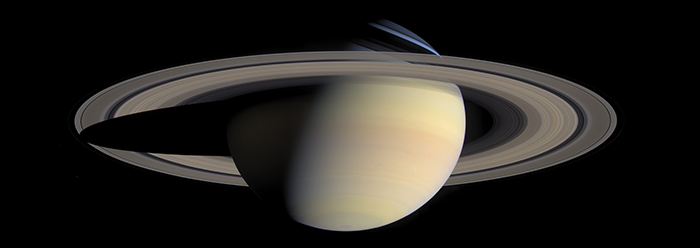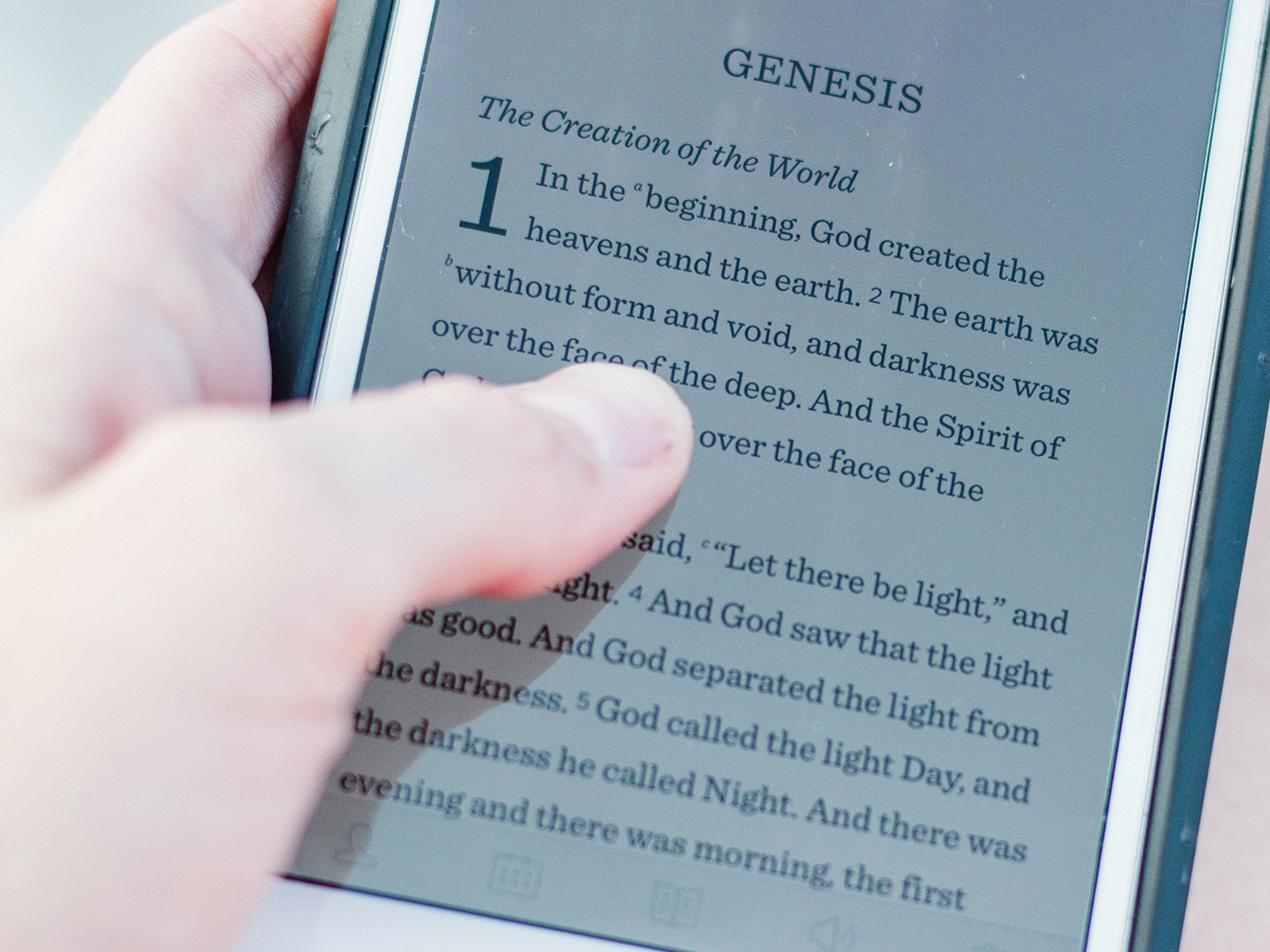"With the laws of physics, you can get universes," said Alex Filippenko of the University of California, Berkeley, during a panel discussion at the June 23 SETICon 2 science and science fiction conference in Santa Clara, California.1 He argued that the universe could have begun as a result of a random "quantum mechanical fluctuation."1
Filippenko implies that we should not trust in God. "Instead, scientists say, we should trust the laws of physics."1 But many scientists suggest that the laws of physics lead to trust in God, not from it. Which is right?
Physicist Jake Hebert recently showed fatal flaws in this increasingly common "universe from nothing" argument, as described by theoretical physicist Lawrence Krauss in his 2012 book, A Universe from Nothing. In Hebert's Acts & Facts article, he first explained that the "argument hinges on the claim that the total energy of the universe is exactly zero," an extraordinarily unlikely sum.2 And since nobody but God knows the exact energy content of the entire universe, the claim is entirely unscientific.
Second, and more critically, quantum fluctuations are only known to occur within space that already exists. How would the first universe-generating fluctuation occur without space, and how could that space be there without a universe already in place? It appears that in order to make a universe this way, another universe must already exist. In that case, how did the first universe begin—or the one before that?
Hebert also noted logical problems. For example, the assertion that the universe came from nothing assumes pre-existence of the very laws of physics that can supposedly generate universes. Filippenko began to address this by saying, "The question, then, is, 'Why are there laws of physics?' And you could say, 'Well, that required a divine creator, who created these laws of physics and the spark that led from the laws of physics to these universes, maybe more than one.'"1
But instead of accepting his own argument for a "divine creator," Filippenko objected that one would still need to explain where that creator came from, and where the creator of that creator came from, and so on. This is a thin smokescreen, since the ultimate Creator of the laws of physics and/or the finite universe would of necessity not be finite. Only finite entities like universes or people require causes, because only they have beginnings. A "beginningless" or infinite Creator did not come from anything else since He always was and is.3
Filippenko and like-minded scientists ignore the necessity of pre-existing space for quantum fluctuations to occur, ignore logical problems in obtaining laws of physics from nothing, and ignore the nature of God, all in the name of justifying their faith that the universe could come from nothing. In reality, without an infinite Creator, not only would there be no laws of physics that point sinful people to his existence, but there would be no universe at all.4
References
- Wall, M. The Big Bang Didn't Need God to Start Universe, Researchers Say. Space.com. Posted June 24, 2012, accessed June 29, 2012.
- Hebert, J. 2012. A Universe from Nothing? Acts & Facts. 41 (7): 11-13.
- Such a Creator would be identified as Jesus in Colossians 1; see esp. verses 15-17.
- Thomas, B. New Book Says Universe Came from Nothing. ICR News. Posted on icr.org January 20, 2012, accessed July 2, 2012.
Image credit: NASA
* Mr. Thomas is Science Writer at the Institute for Creation Research.
Article posted on July 11, 2012.
























